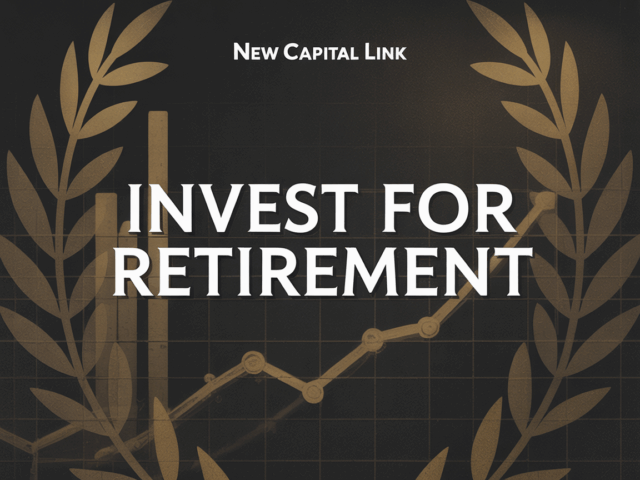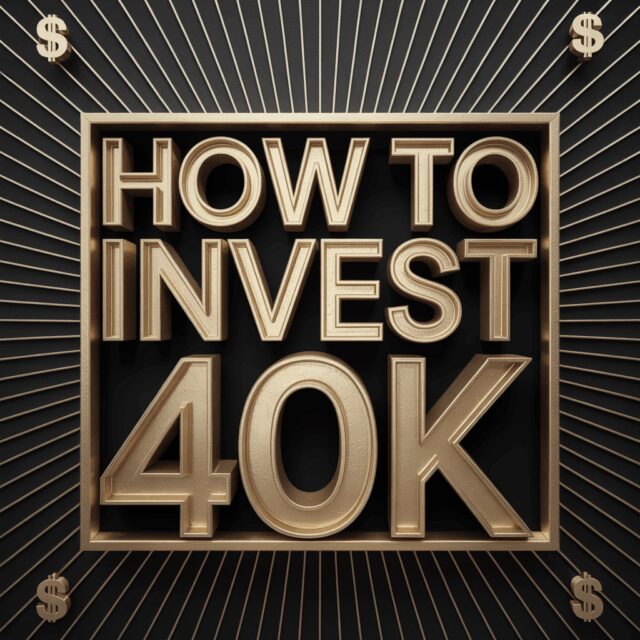If you want to invest but are concerned about your money going to industries you disagree with, ethical investing may be just what you’re looking for.
The goal of ethical investing is to align your personal moral compass with your investment portfolio. Ethical investing is more profitable and easier than ever before, thanks to impact portfolios offered by robo-advisors and a plethora of sustainable mutual funds.
Definition of ethical investing

Ethical investing is a strategy in which an investor makes investment decisions based on a personal ethical code. Ethical investing seeks to support industries that have a positive impact, such as sustainable energy, while also providing an investment return. There are more ethical investments than ever before, thanks to an increase in ESG funds.
Of course, what is “ethical” varies from person to person. What you consider to be ethical may not be so to someone else. That is why it is critical to look behind the curtain of ethical investments to ensure they are aligned with the impact you want to have.
What is the distinction between ethical, sustainable, and socially responsible investing?
It’s not much. Sustainable investing, socially responsible investing, green investing, impact investing, and ESG investing are all examples of ethical investing. The majority of these are based on the same concept: making a positive difference by investing your money thoughtfully and intentionally.
However, how they accomplish that idea varies. Some only include positive-impact investments, while others exclude negative-impact investments entirely. Others employ both inclusionary and exclusionary strategies.
The terms for ethical investment strategies listed above are frequently used interchangeably, with little agreement on which are exclusive, which are inclusive, and which are both.

That is why it is critical to understand a fund’s or advisor’s methodology for selecting specific investments: Some may simply exclude investments in tobacco and firearm companies from their portfolio and call it “sustainable” or “socially responsible” — despite the fact that it contains no “sustainable” assets.
One thing to keep in mind is that many types of ethical investing, regardless of name, use ESG investing factors — environmental, social, and corporate governance — to grade specific investments along an ethical curve.
For example, if you’re putting together an impact portfolio with a focus on social justice, you might look for investments with a high ESG score in the social category.
Is it possible to make money by investing ethically?
While no investment is guaranteed, the performance of ethical funds has been shown to be comparable to that of traditional funds — in fact, some research suggests that the performance of ethical funds may be superior. Sustainable funds outperformed their traditional peers in 2019, according to Morningstar data, with 66 percent finishing the year with returns in the top half of their Morningstar categories. (Morningstar is an advertising partner of NerdWallet.)

The general idea is that companies that treat their employees well and consider their environmental impact may be better run and less prone to scandal — which can result in a material benefit. Companies that adhere to ESG concerns, for example, may avoid fines and lawsuits for issues such as toxic waste disposal mismanagement, sexual assault and harrassment charges, and fraudulent transactions, because they may have policies in place to help avoid those issues in the first place.
There is also evidence that ethical funds may offer lower levels of market risk than traditional funds, even in volatile markets like the one experienced during the first few months of the COVID-19 pandemic.
According to Morningstar data, during the first quarter of 2020, 24 out of 26 ESG index funds outperformed comparable conventional funds.
How to Create an Ethical Investing Portfolio
Creating an ethical portfolio does not have to be a part-time job. Here’s how to get started with ethical investing:
- Determine your level of involvement.

When it comes to building an ethical portfolio, you have two options: you can do it yourself by selecting specific investments and monitoring them over time, or you can hire someone to do it for you.
I’d like to start my own portfolio. It may be a good idea to build your own portfolio if you want to ensure that the investments in your portfolio align with what is ethical to you.
Some brokerages are better equipped than others to assist you in locating ethical investments. Some, for example, provide screener tools to assist you in locating the best funds for your portfolio. Here’s how to open a brokerage account if you don’t already have one. Then proceed to step 2.
This is a significant amount of work. I need assistance! When possible, most people would probably prefer to make socially responsible investments, but “when possible” means different things to different people. It takes a significant amount of time and effort to determine how committed a company is or which ethical practices they prioritise — time that you may not want to devote to stock research.
This is where robo-advisors can come in handy: Robo-advisors use algorithms to construct and manage investment portfolios based on your risk tolerance, goals, and, in some cases, ethical preferences.

Robo-advisors are frequently less expensive than traditional advisors, and a few provide socially responsible portfolios. Unfortunately, because most robo-advisors do not allow you to add specific investments to your portfolio, you would be unable to invest in a specific company. If you’re looking for a robo-advisor, you should look into their methodology to ensure they use both inclusionary and exclusionary filters.
Here are a few examples of robo-advisors that provide socially responsible portfolios:
- Betterment: Offers three impact portfolio options: Broad Impact, Climate Impact, and Social Impact.
- Wealthfront: Provides a pre-configured socially responsible portfolio. Socially responsible ETFs can be used to tailor any portfolio.
- Merrill Edge Guided Investing: Clients can invest in an ESG portfolio while also requesting restrictions on specific ETFs.
- Ellevest Impact Portfolios comprise up to 53% ESG and impact funds.
- Ally Invest provides a Socially Responsible Managed Portfolio.
- Marcus Invest: ESG ETFs are included in Goldman Sachs’ Impact portfolio.
- Acorns: Sustainable Portfolios are sustainable ETFs and are intended to perform similarly to Acorns’ Core portfolios.
- E-Trade: Allows you to access a portfolio that includes an ESG ETF.
- Stash: A collection of ETFs that support a variety of social and environmental causes.
- Axos Invest: Provides investments in themed areas such as clean energy and companies with a higher representation of women in senior leadership positions.
- Determine what is ethical to you.
Spend some time defining what an ethical investment means to you. Do you consider an oil company to be “ethical” if it has strong environmental initiatives, or would you avoid investing in oil entirely? Knowing which industries to support and which to avoid will make it easier to include or exclude specific investments.
- Locate ethical investments

You can begin building a portfolio that aligns with your moral compass once you have a brokerage account and understand your priorities. Reading reviews from independent research firms like Morningstar can help you determine how well a company ranks in terms of ESG investing factors and whether you want to invest in them.
Stocks and mutual funds are two types of investments to consider for a long-term portfolio. What you need to know about them is as follows:
Stocks on their own. It’s generally a good idea to keep the percentage of your portfolio in individual stocks to a minimum, but if there’s a company you believe will perform well over time, you might want to include it. Some businesses provide a sustainability report, which will give you an idea of any green energy or cultural initiatives they’ve undertaken, as well as the company’s environmental impact. It’s also a good idea to look at how a company’s employees rate its work culture on an independent website like Glassdoor. Find out more about stock research.
Mutual funds are a quick and easy way to diversify your portfolio, and the number of ethical funds available is growing.

If your broker provides a screening tool, you can look through various funds and stocks to find the ones that will best complement your ethical portfolio.
To learn more about a specific fund, you should read its prospectus, which should be available on your online broker’s website. Look for two things in particular: a fund’s holdings (a list of all the companies in which the fund invests) and its expense ratio. Annual fees are expressed as a percentage of an investment in expense ratios. For example, if you invest $5,000 in a mutual fund with a 1% annual expense ratio, you will pay $50 in annual fees.
While some funds with the words “ESG” or “sustainable” in their names have higher expense ratios than traditional funds, there are also ethical funds that are less expensive.






